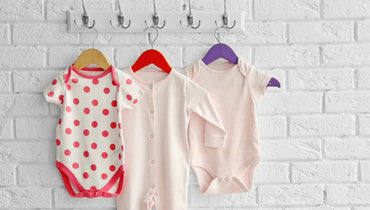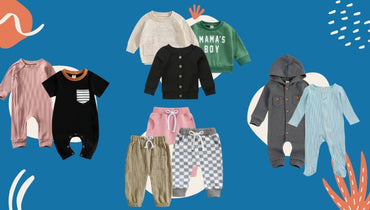Mini Cart
Swimming is great for the physical development of the lungs, back, as well as plenty of other muscles and organs. It is no secret that people who feel confident in water have fewer fears, for instance, they are not afraid of flying by planes or traveling by ships. Why is it important to make your child swimmer? Here are the key benefits:
- The muscles and lungs develop better, therefore, your kid will be less prone to problems with the spine, as well as the risks of cardiovascular, respiratory, and other diseases decrease significantly.
- Every time you are at the seaside or in the swimming pool, you can be more confident in your child spending time near the water (though, supervision is undeniably necessary).
- Having your kid spending time actively in the pool or other water body will help them spend a lot of energy and have a long night’s sleep.

Raising a Confident Swimmer
While the benefits of swimming can be listed long, there are plenty of aspects to consider. No matter at which age you begin teaching your kid to swim, it is obligatory to obey all the safe rules for kids and never leave your kid unattended, even in a bathtub. So, how to be a good swimmer? The most surefire way is to begin in early childhood. What can parents do?
1. Make Use of the Bathtub
When your baby is allowed to bathe, you can begin your water exercises. Define the purpose of these exercises: just physical activity for a baby or would like your infant to swim above and under the water surface? In the latter case, you will also need a pool and a professional coach, however, initially, it is the bathtub where you can begin the first exercises. Let your kid be accustomed to the water. Make use of congenital reflexes: blow slightly in the face and your newborn will hold the breath. This is a great skill to teach your little one to dive into the water.
2. Move to the Pool
At the age of 2-3 months, you can arrange a professional coach to teach your kid to swim. You are going to be impressed with the possibilities of swimmer kids who master independent swimming by the age of 12-18 months. Impressive, isn’t it?
3. Continue to Train
After reaching certain success in infant swimming, lots of parents give up. But for getting better at swimming, it is necessary not to stop. That is why parents should find another coach who is working with toddlers and continue visiting the pool so that not to lose the skills you have mastered in early childhood.
What If You Have Missed the Early Stage?
Not every person thinks about teaching a child to swim since birth. Hence, how to become a stronger swimmer and to teach a kid to be more confident in the water? These are the common questions of many parents whose children are learning how to swim. Here are a couple of tips.
Explain the Difference Between Pool and Other Water Bodies
For a swimmer boy or girl to understand properly which kind of water bodies exist and which dangers they pose, tell the difference in the size, depth, type of the bottom between a swimming pool, river, lake, and ocean. The main intention is not to fright but to make sure that a kid will know the danger of underwater currents and won’t be too confident.
Stay Close
When you are swimming together, stay in the vicinity allowing your kid to independently swim. In the meantime, you should be able to reach your kind with the hand in any kind of emergency. Besides, make sure that your baby girl or baby boy swimwear does not prevent them from active movements in the water.
If Necessary, Equip Your Kid With Rubber Ring or Armbands
Most specialists won’t recommend using these swimming accessories. However, if your kid feels unconfident in the water, why not letting them get used to it? Also, while selecting swimwear for baby girl or boy who isn’t a confident swimmer, think if these outfits will allow you to take your kid out of the water in an emergency situation.
Final Say
There are plenty of coaches and recommendations on how to help your kid become confident in the water. However, these do not take into account the peculiarities of your child. As parents, you know which teaching style is better to be applied to your kid. The most crucial is not to fear your little one in the water so that not to create aquaphobia, which can lead to serious problems. Any kind of water activity should be always supervised. Be careful and have fun in the water!









